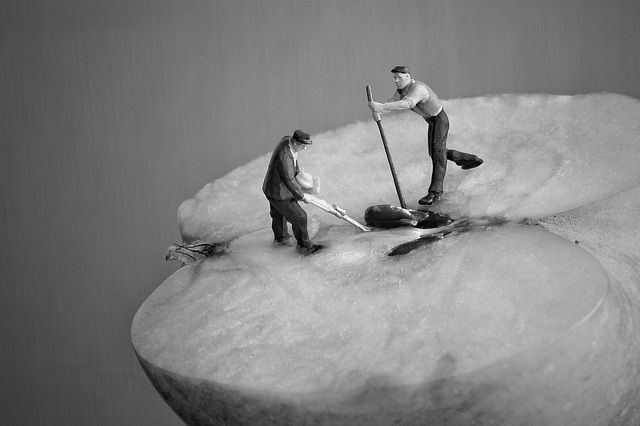The shorter the better
- jennygaitskell
- Jan 14, 2018
- 2 min read
100 words on loving microfiction and 100 words on writing it*
I’ve fallen for very short stories thanks to the delovely #vss365 writers.
This isn’t because I’ve a shrinking attention span, it’s because I like thinking and stories of extreme brevity make me. I must imagine most of the narrative myself, inferring backstory, motive or consequence, adding my own details of character and setting. Sometimes, I’m teased into assumptions that are exploded in the last sentence, obliging me to imagine all over again. Sometimes the story is a puzzle to solve. Every single word must be considered.
Reading microfiction tickles the storytelling part of my brain. It is a creative act.
Locked in her tower, she brushed out her long, golden hair, chopped it off and wrote her own damn story.
The purse was #charred but the coins inside shone. Steal from a dead man, she'd get his luck, good or bad. She tossed a coin.
100 words on writing 100 word stories**
The trick is knowing where to start. Not at the beginning, there’s no time for that.
Grab the reader by the collar, yank them into the most crucial place and time, when this fascinating person meets that irresistible problem.
Dive deep, confide in your reader, so they can’t turn away from that singular emotion, this one resonant idea. Make this moment vivid. Each word must carry plot, voice, mood and deeper meaning. Every word must be essential.
Here comes the last line. It's a smack in the chops or a sweet kiss, and the temptation to imagine all the rest.
*Titles not included. Nor is this footnote.
** Something suspiciously like this bit was first posted ages ago, with handy links to more advice.
PS
A 100 word story is called a drabble, for Monty Python's word game in which the winner is the participant who writes a novel first.
PPS
The £1000 Readers's Digest 100 word story competition deadline's in February, as is that for the prestigious Bath Flash Fiction triannual award.






